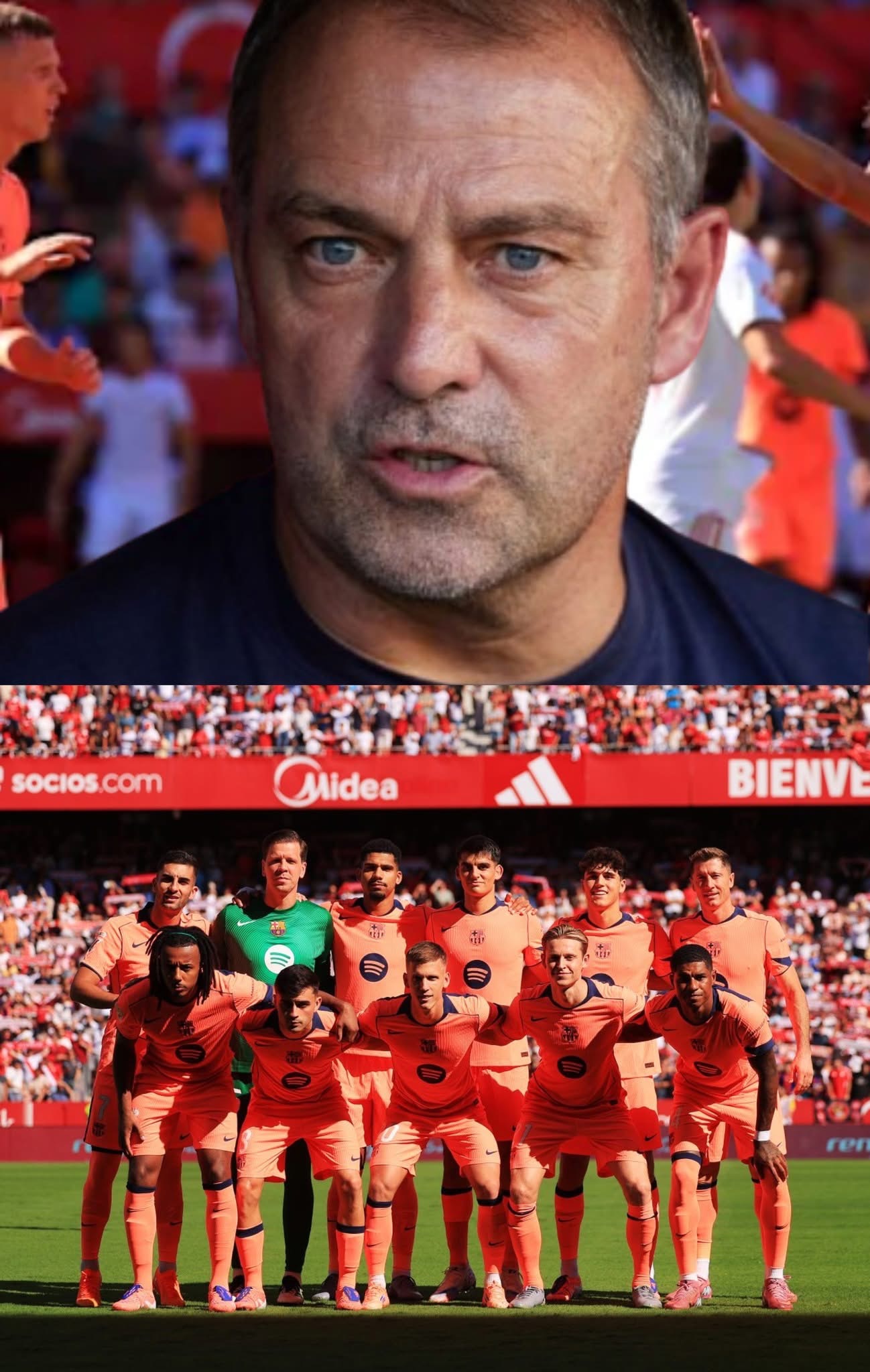Newcastle’s Alexander Isak Pushes for Liverpool Move Amid Transfer Saga
The summer transfer window has been dominated by Newcastle United striker Alexander Isak, who has been eager to join Liverpool despite the club’s reluctance to sell. Tensions escalated when the Swedish forward released a strong statement on August 19, accusing Newcastle of “breaking promises” and insisting that a change was necessary. He said, “Promises were made, and the club has long known my position. Acting as if these issues are new is misleading. When trust is lost, the relationship cannot continue. Change is in everyone’s best interests, not just mine.”
Newcastle quickly responded, expressing disappointment in Isak’s public remarks. They emphasized that he remains under contract and that no sale conditions for this summer have been met. The club also denied that any promises about a transfer had been broken. While some, including Wayne Rooney, have criticized Isak’s behavior, FIFA’s Article 17 might clarify why the player is pushing so strongly for a move.
Understanding Article 17
Article 17 of FIFA regulations provides players leverage over clubs, allowing them to leave under certain contract conditions. Despite having three years left on his deal, Isak could invoke this rule to exit as a free agent in under 12 months, with the new club paying reduced compensation—potentially around £50-60 million, rather than the £110 million Newcastle reportedly rejected. The rule applies to players with less than three years remaining on their contract (or less than two years if over 28). However, it cannot be invoked within 15 days of the final match of the season. If used, it counts as a unilateral breach of contract, letting the player sign elsewhere immediately while Newcastle would receive delayed, smaller compensation.
Legal experts note that while the process is complex, the recent updates to FIFA rules—following Lassana Diarra’s successful challenge—make it more feasible for players like Isak to use Article 17. Previously, clubs could block transfers or demand proof of non-collusion from the buying club, but now the burden is on the club losing the player. This makes a future move for Isak more realistic if Newcastle refuses to sell this summer.
The Bigger Picture
Article 17 was created to protect player freedom, ensuring they can change clubs even under contract, with compensation required but calculated fairly. FIFA’s revised rules aim to prevent excessive restrictions on movement, allowing players to take control of their careers while balancing clubs’ interests. For Newcastle, this situation presents a tough decision: sell Isak now to avoid legal complications or risk losing him next year under Article 17 with reduced compensation.







